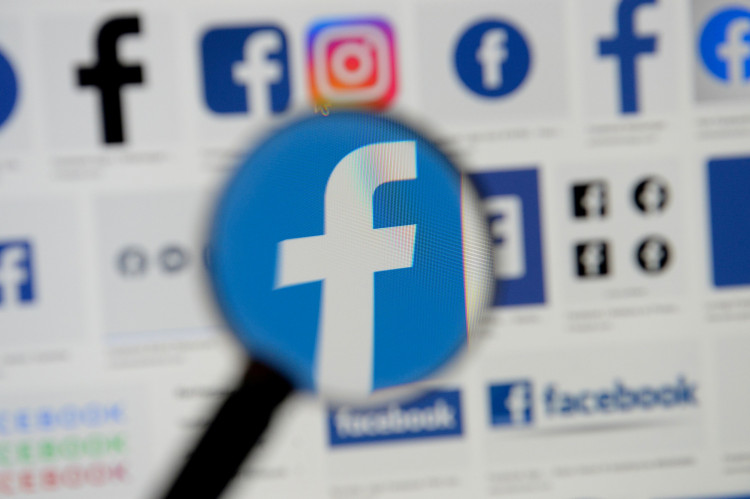Facebook will soon deploy devices that naturally will require an operating system to run on. For this push, the social media giant has indicated it will build an OS from scratch. When completed, the planned OS by Facebook will bring life into the company's augmented reality hardware, the Oculus for instance.
Facebook's Oculus and Portal devices, while not yet commercially available, currently stand on a customized version of Android. For the long term, however, the company wants to have an OS to run its hardware line, and for obvious reasons. One is the social networking site believes depending on the Google OS will not do good for its projects in mind.
Having an in-house OS will mean there will be fewer tensions with the owner of Android. Also, Facebook will enjoy the freedom of integrating its core services with its hardware offerings, and privacy will be a non-issue, according to TechCrunch.
Work in now underway for this purpose, and Facebook said there are options available to speed up the realization of its goal. The company can start from zero as mentioned or build on top of an existing OS that can be purchased and make the finished product like Facebook's own.
The most important thing for Facebook is to secure a spot in the generations to come, The Verge said in a related report.
"We really want to make sure the next generation has space for us... We don't think we can trust the marketplace or competitors to ensure that's the case. And so we're gonna do it ourselves," the report quoted Andrew Bosworth, the company's head of hardware, as saying.
It could be sooner that when Facebook gets to introduce its hardware products to consumers, these devices will function and not overly dependent on Google. But the ultimate vision is to release AR glasses that ideally can be operated independently of the Google ecosystem.
It's quite clear that Facebook is looking to replicate the Apple, which has so far successfully maintained a tight integration of its hardware and software products and thus resulting in a more streamlined operation. It's quite encouraging too that with its business model, Apple realizes higher profits, which is something Facebook will want to achieve.
Bosworth said Facebook's AR glasses products are scheduled for introduction in 2023. However, the executive did not mention if the devices, known for now as Project Orion, will be running on the company's own OS by that time.
Another smart product on the pipeline for Facebook is what the company calls a brain-controlled interface that likely will be embedded on consumer electronic devices over the next five to ten years, Engadget reported.






